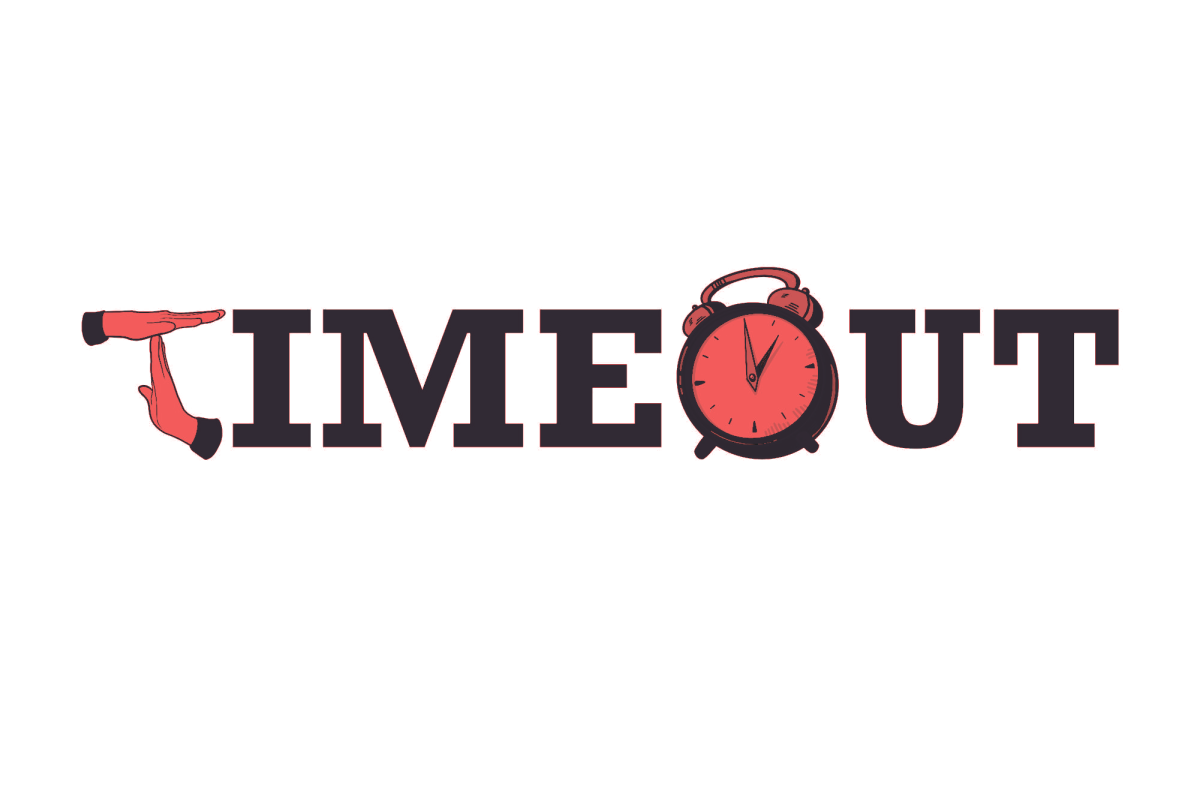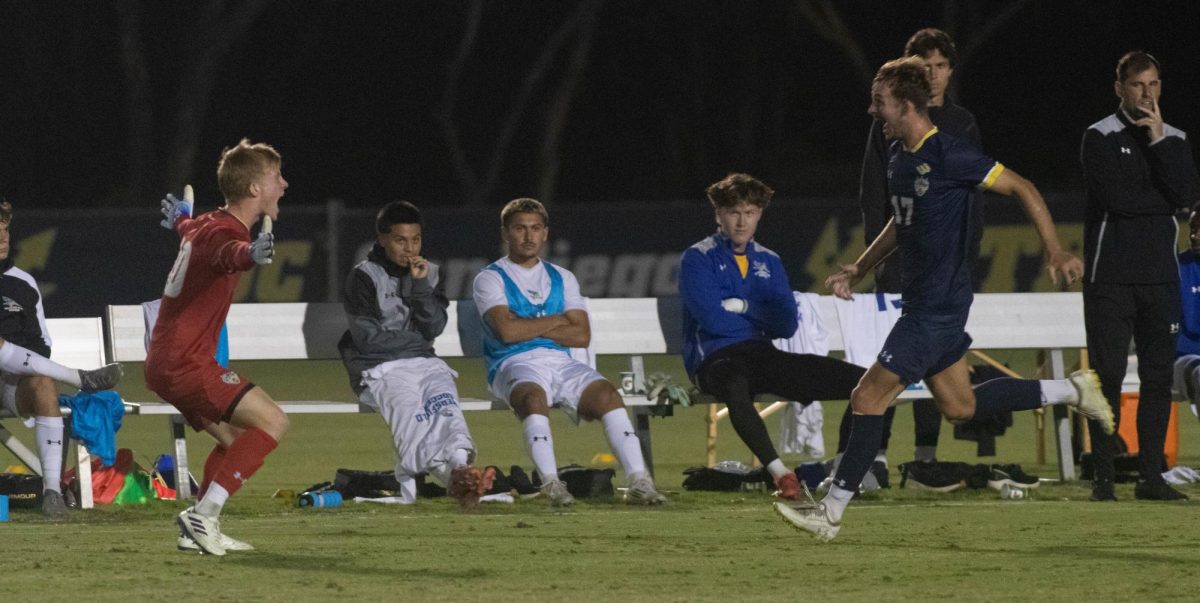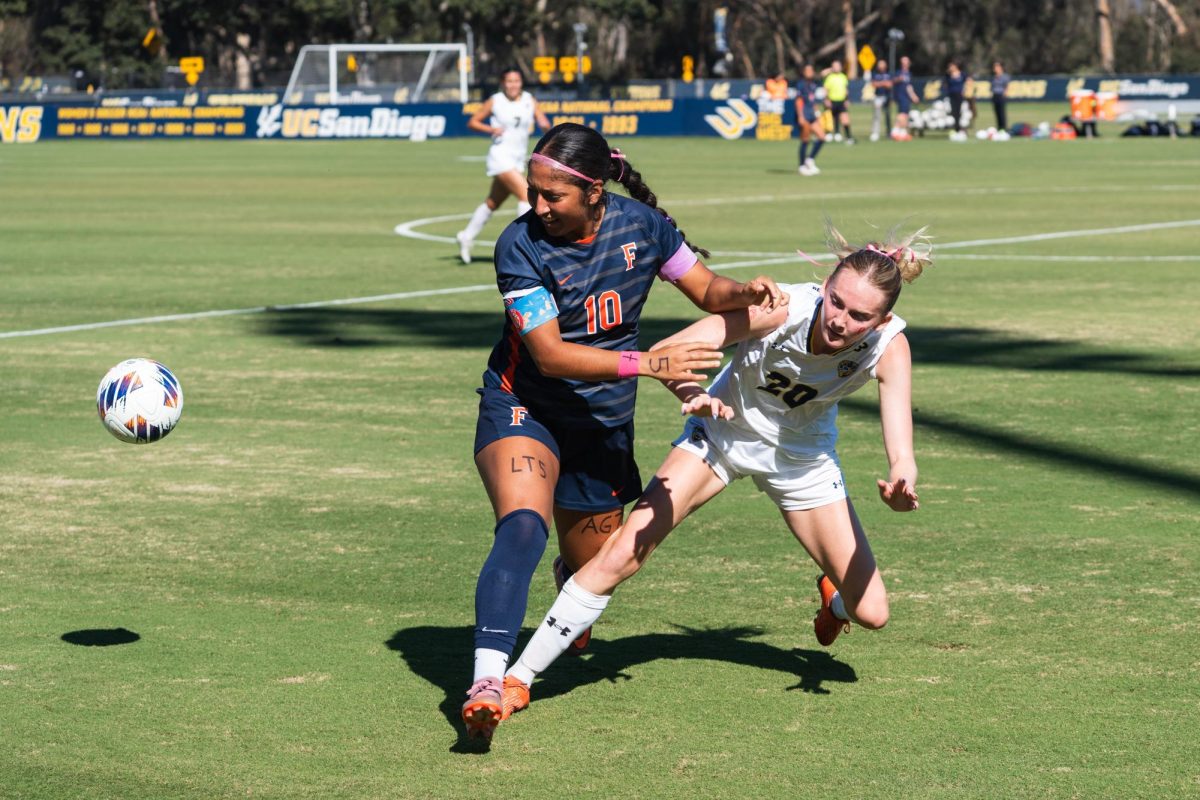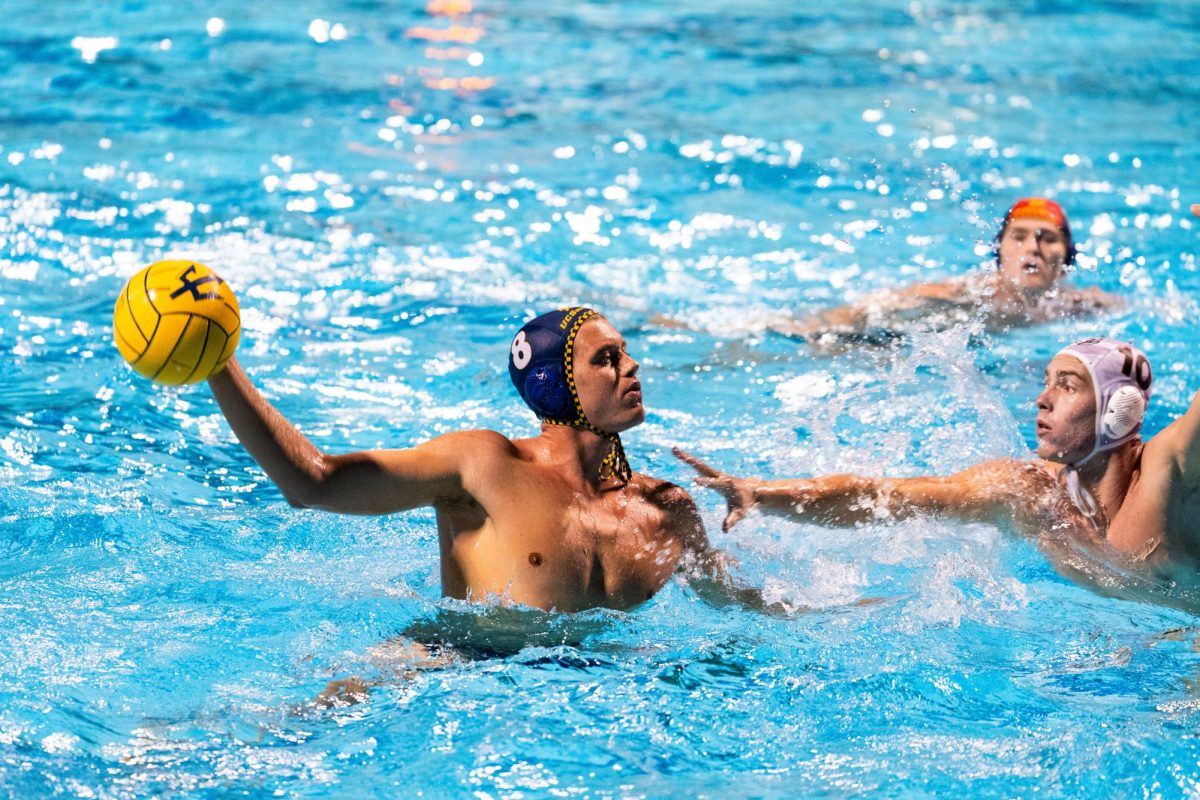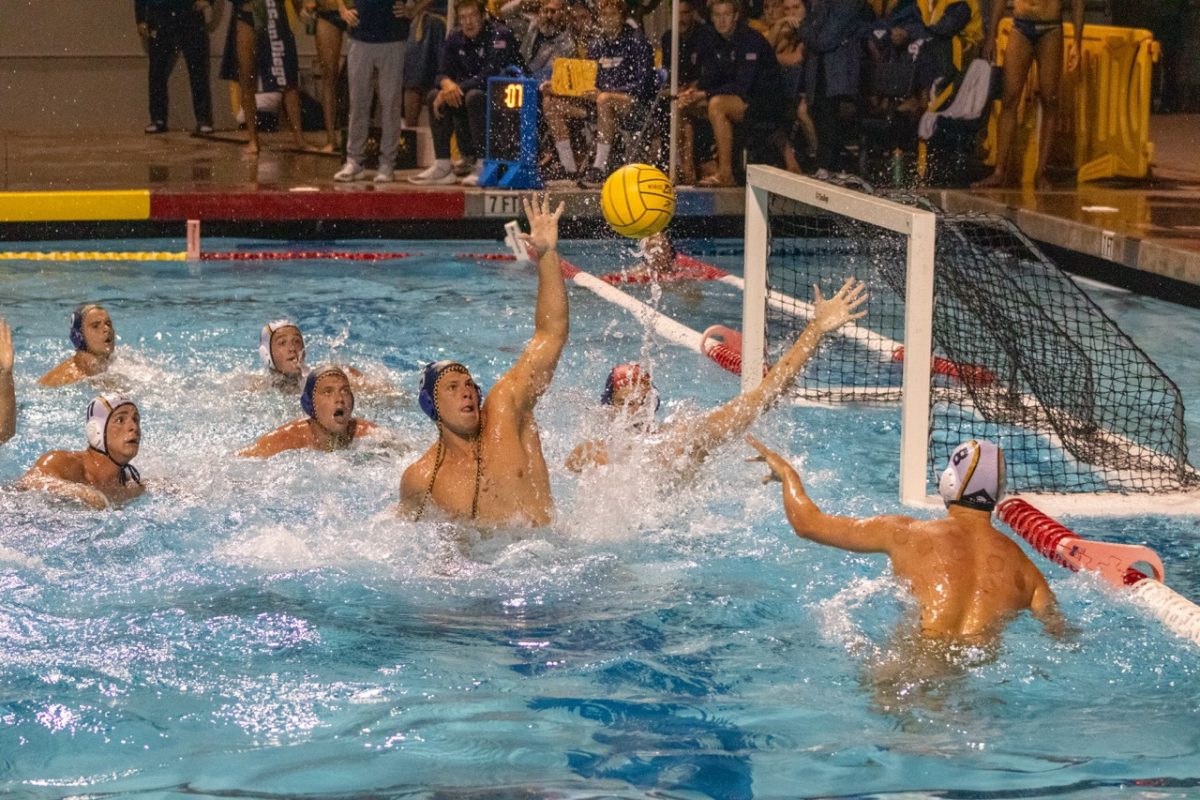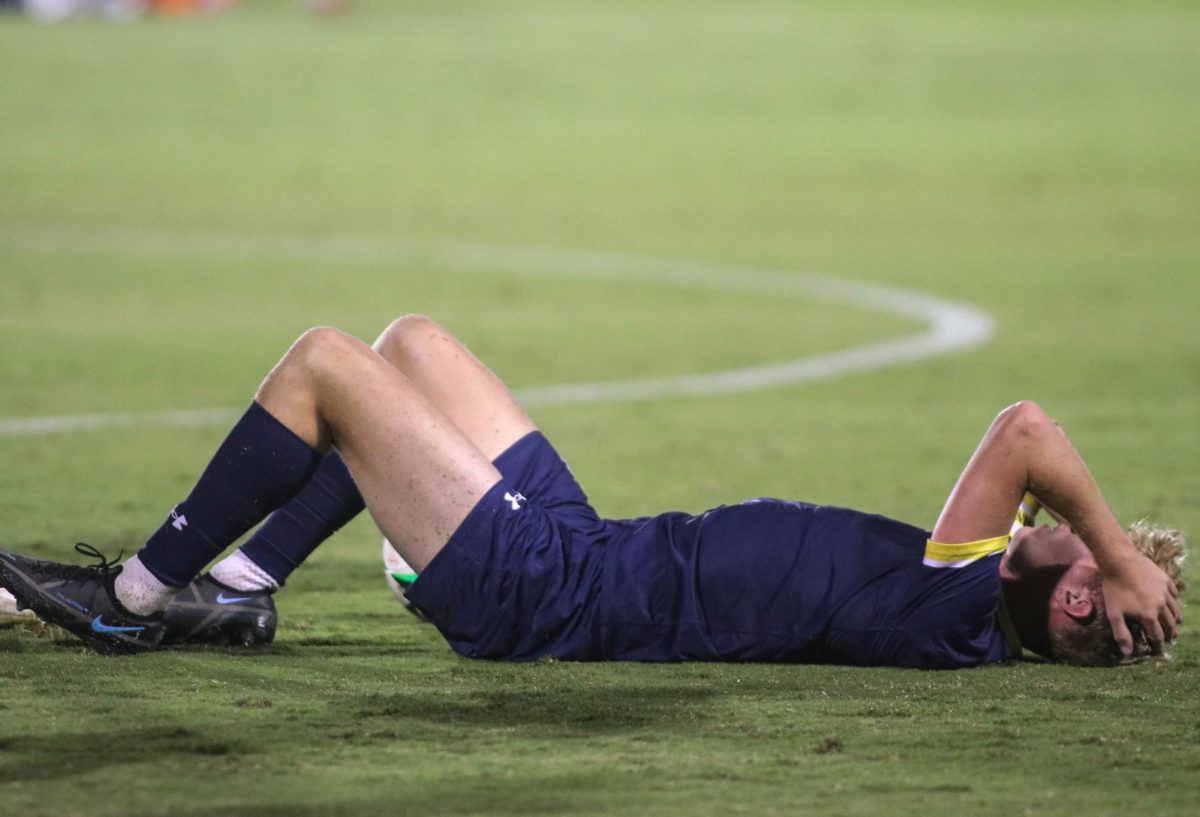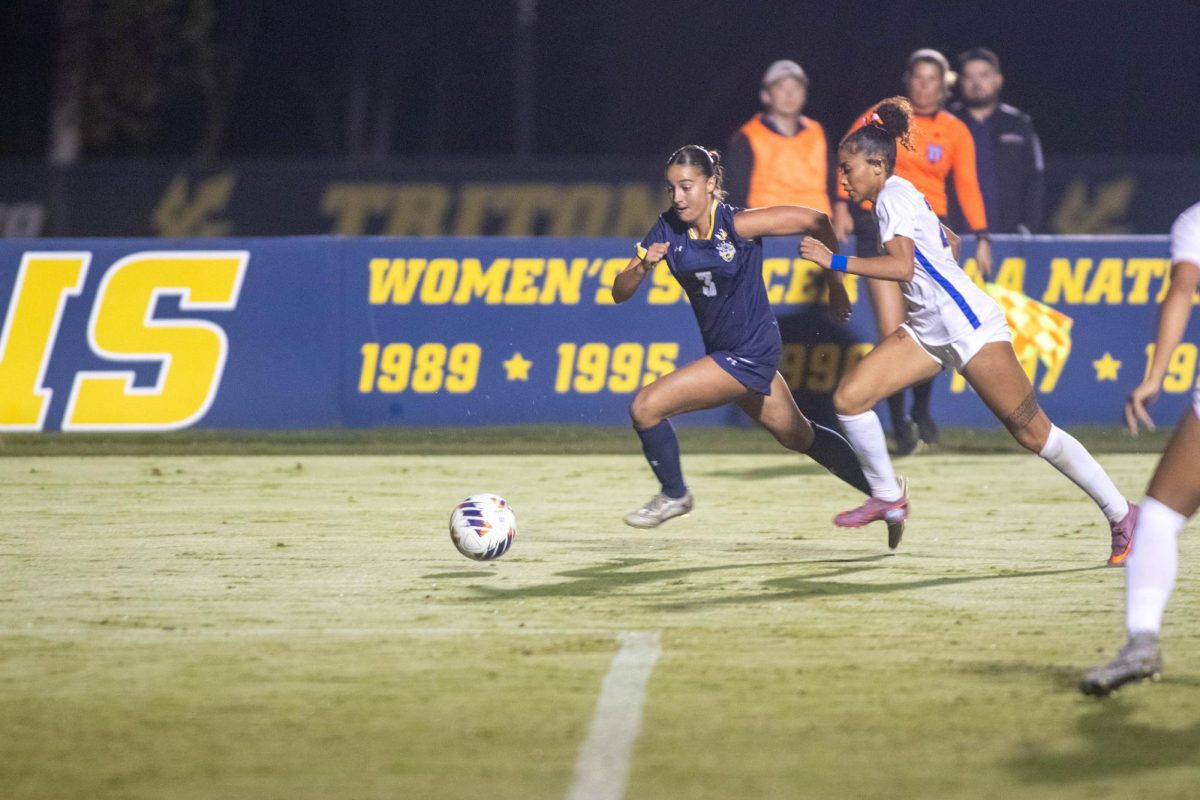1. Canada downs US in overtime thriller to win 4 Nations Face-Off
In perhaps the most politically charged hockey game since the 1980 “Miracle on Ice,” Team Canada bested the United States, 3-2, to win the NHL’s inaugural 4 Nations Face-Off. Edmonton Oilers center Connor McDavid notched the winning goal — and his Sidney Crosby moment — with a wrist shot into the top right corner of the American net. Despite being perceived as Canada’s weak link, goaltender Jordan Binnington was superb in the final; Binnington’s 31 saves, including six in overtime, denied Team USA its gold medal moment.
For better or, probably, worse, Thursday’s final was brazenly overshadowed by politics. Both “The Star-Spangled Banner” and “O Canada” were booed during the week-long tournament, a sign of rare tension between the U.S. and its northern neighbor. Before the game, White House press secretary Karoline Leavitt joked that the Trump administration was “look[ing] forward to … beating our soon-to-be 51st state.” Canadian Prime Minister Justin Trudeau got the last laugh, however, when he tweeted after McDavid’s trophy-clinching goal: “You can’t take our country — and you can’t take our game.”
Insults and tariff threats undoubtedly contributed to the successful ratings of the 4 Nations Face-Off, which replaced the NHL’s traditional All-Star break and ended “best-on-best” international hockey’s nine-year hiatus. ESPN announced that the championship garnered 9.3 million viewers, the most ever for a hockey game on the network. In contrast, the NBA’s concurrent All-Star festivities were panned by pundits and fans.
As the novelty wears off and the political cycle moves on, it would be surprising to see similar numbers if the 4 Nations Face-Off were held again. However, the NHL deserves praise for pulling off a bold experiment — one that ensures a mouth-watering rematch in the 2026 Winter Olympics.
2. Victor Wembanyama ruled out for the season with deep vein thrombosis
Spirits are far lower in the basketball world. After the NBA’s aforementioned All-Star week debacle, the San Antonio Spurs announced on Friday that budding superstar Victor Wembanyama will miss the remainder of the season with deep vein thrombosis — a blood clot — in his right shoulder. Wembanyama, who was averaging 24.3 points, 11.0 rebounds, 3.7 assists, and 3.8 blocks per game this year, was on pace to win Defensive Player of the Year in only his second NBA season.
The injury casts a pall over the Spurs franchise, who sit at No. 12 in the Western Conference. Squarely out of playoff contention, San Antonio’s future — which was undisputedly dependent on the 7-foot-3-inch Frenchman — appears doubtful for the first time since last year’s draft. Deep vein thrombosis has an aptly frightening name; blood clots essentially forced Chris Bosh’s premature retirement after it was discovered they had spread to his lungs. Although Wembanyama’s situation seems less severe, the potential seriousness of his diagnosis is enough to derail his sophomore season. A word of warning to hopeful rival fans, though: Cooper Flagg may now be in reach for the sputtering Spurs.
This story has implications beyond south-central Texas. The NBA is unprepared for a future without Wembanyama, one of the league’s most recognizable young stars. As the Lebron-Steph-KD era races down its home stretch, the next generation — including the likes of Shai Gilgeous-Alexander, Anthony Edwards, and Luka Doncic — has so far failed to match the superstardom of their predecessors. Wembanyama, already a transatlantic sensation, was a surefire bet to return the NBA to the promised land of cultural relevance. If Wemby’s diagnosis keeps him sidelined longer than expected, basketball may find itself lost in the desert.



